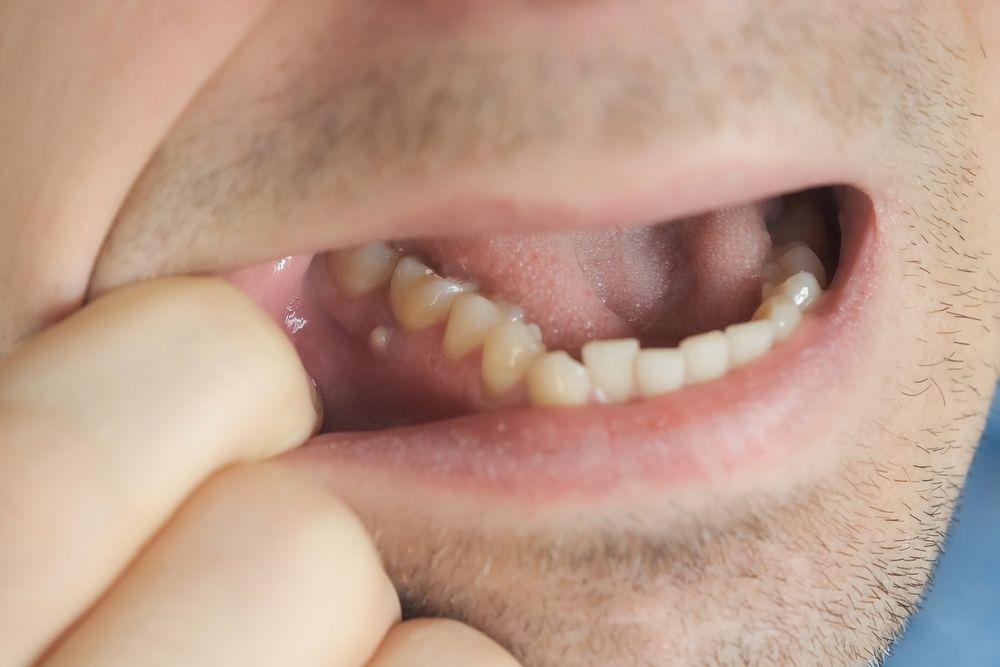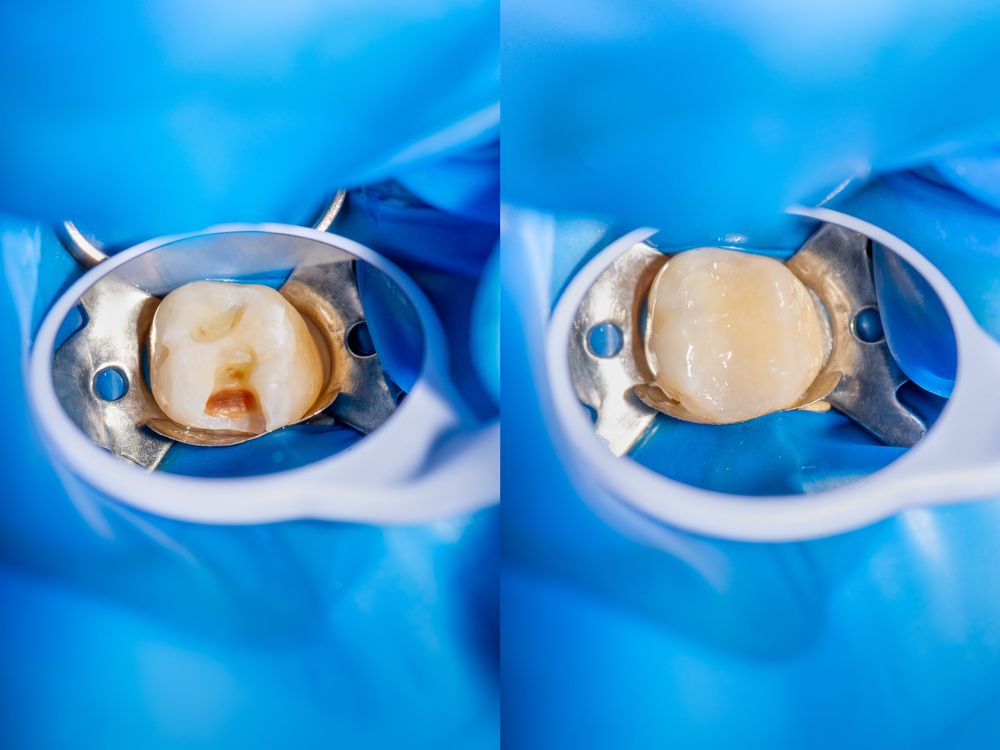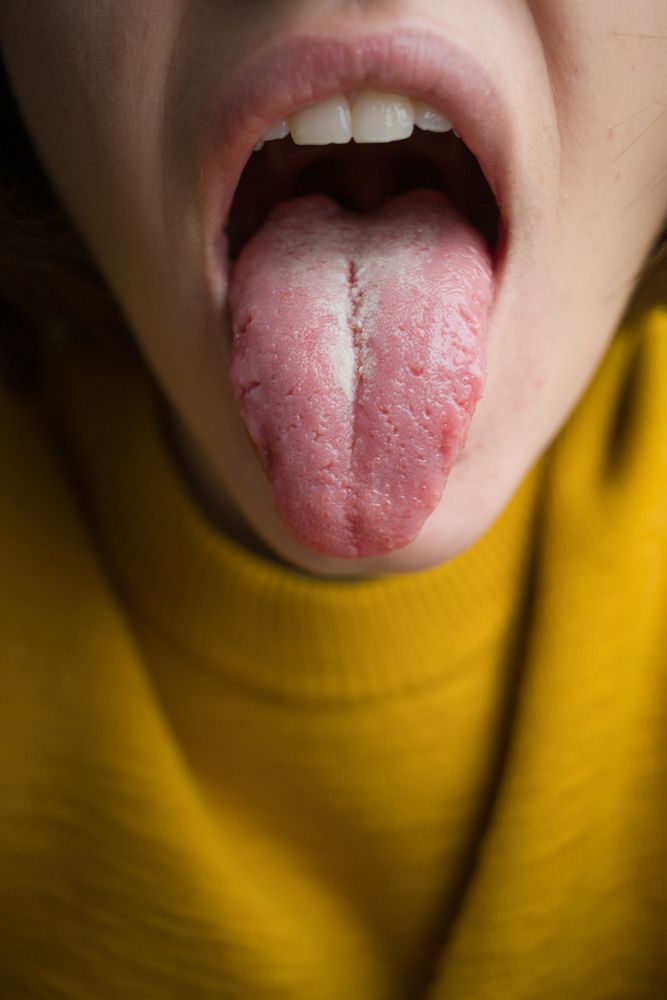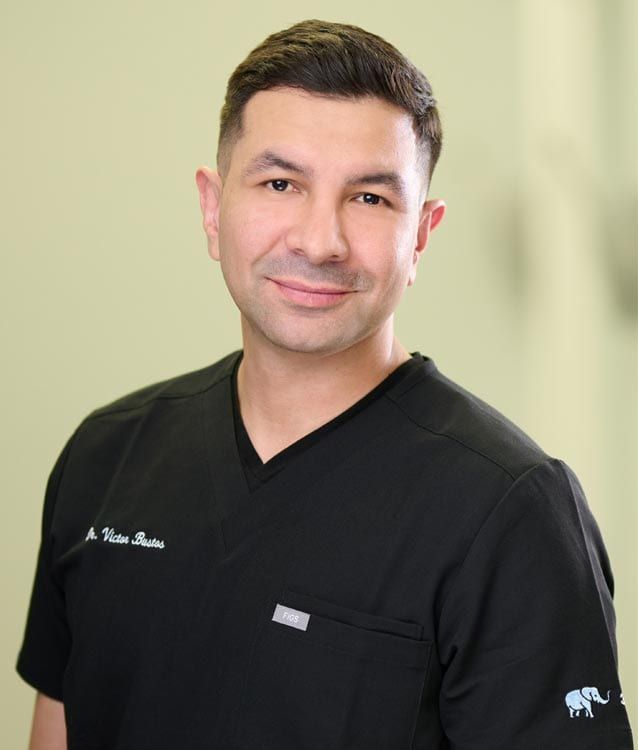Bad breath, also known as halitosis, can be an embarrassing problem and affect your confidence in social and professional interactions. While occasional bad breath is normal, persistent halitosis often indicates an underlying issue. The good news is that with the right approach, bad breath can be managed and often eliminated. Here’s how:
Understanding the Causes
Before diving into the solutions, it’s essential to understand the common causes of bad breath:
- Poor Oral Hygiene: Inadequate brushing and flossing allow food particles to remain in your mouth, promoting bacterial growth on the teeth, gums, and tongue.
- Diet: Foods like garlic, onions, and spicy dishes can contribute to bad breath. Additionally, sugary foods can promote bacterial growth.
- Dry Mouth: Saliva helps cleanse your mouth. Dry mouth, or xerostomia, can result from medications, certain medical conditions, or mouth breathing, leading to bad breath.
- Smoking and Tobacco Use: Tobacco products not only cause bad breath but also stain teeth, reduce your ability to taste foods, and irritate your gums.
- Medical Conditions: Conditions such as sinus infections, diabetes, gastrointestinal issues, and liver or kidney disease can lead to halitosis.
Effective Strategies to Combat Bad Breath
Maintain Good Oral Hygiene
- Brush and Floss Regularly: Brush your teeth at least twice a day and floss daily to remove food particles and plaque. Pay special attention to cleaning your tongue, as bacteria can accumulate there.
- Use an Antibacterial Mouthwash: Mouthwashes can help kill bacteria and freshen your breath. Choose one that is antibacterial for maximum effectiveness.
- Regular Dental Checkups: Visit your dentist regularly for cleanings and checkups. Professional cleanings remove tartar and plaque that regular brushing can miss.
Stay Hydrated
- Drink Plenty of Water: Water helps keep your mouth moist and washes away food particles and bacteria.
- Chew Sugar-Free Gum: Chewing gum stimulates saliva production, which helps cleanse your mouth and freshen your breath.
Watch Your Diet
- Avoid Strong-Smelling Foods: Limit intake of foods known to cause bad breath, like garlic and onions.
- Eat Crunchy Fruits and Vegetables: Apples, carrots, and celery can help remove food particles from your teeth and increase saliva production.
- Limit Sugary Foods and Drinks: Sugar can promote bacterial growth, leading to bad breath.
Quit Smoking
- Seek Support to Quit: Smoking cessation programs, nicotine replacement therapies, and support groups can help you quit smoking, which can significantly improve your breath and overall oral health.
Address Medical Conditions
- Consult Your Doctor: If you suspect your bad breath is related to a medical condition, such as sinus infections, diabetes, or gastrointestinal issues, seek medical advice and appropriate treatment.
- Review Medications: Some medications can cause dry mouth. Consult your doctor or dentist about alternatives or solutions to manage this side effect.
Use Natural Remedies
- Green Tea: Green tea has antibacterial properties that can help reduce oral bacteria and improve breath.
- Herbs and Spices: Chewing on fresh parsley, mint, or fennel seeds can temporarily mask bad breath and stimulate saliva production.
When to See a Dentist
If you’ve tried these strategies and still experience persistent bad breath, it’s time to consult a dentist. They can help identify any underlying issues, such as gum disease or cavities, that may be contributing to your bad breath and recommend appropriate treatments.
Conclusion
Overcoming bad breath involves a combination of good oral hygiene, healthy habits, and, when necessary, professional help. By following these tips, you can enjoy fresher breath and greater confidence in your interactions. Remember, a healthy mouth is key to overall well-being, so take the steps today to keep your breath fresh and your smile bright.






